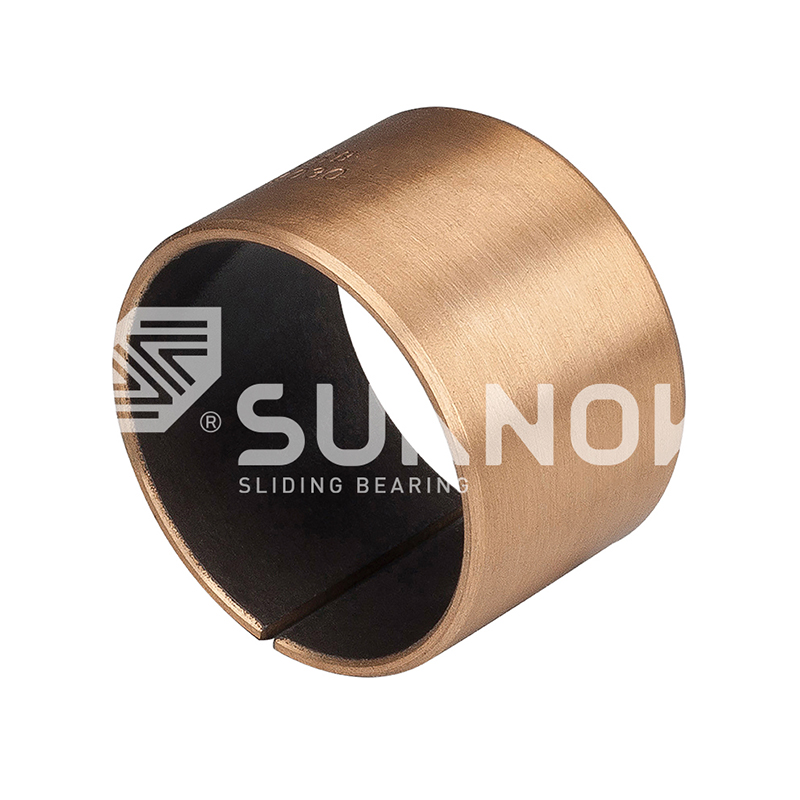-
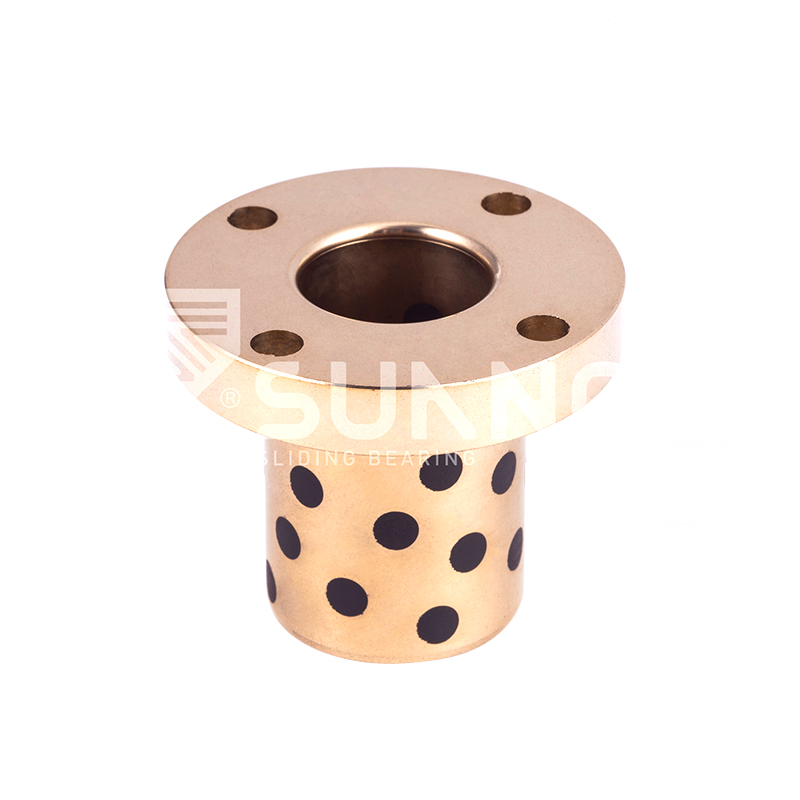 JDB Solid-lubricating Bearing JFB650 Metric Oil Free Self Lubricating Bronze Round Flanged Bearing
JDB Solid-lubricating Bearing JFB650 Metric Oil Free Self Lubricating Bronze Round Flanged Bearing -
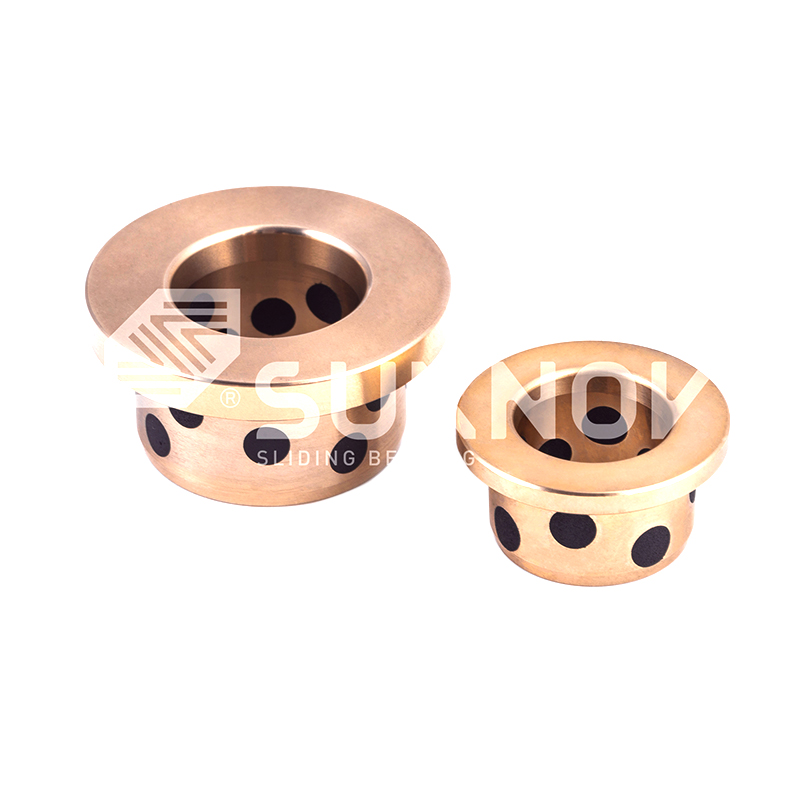 JDB Solid-lubricating Bearing GB71 NAAMS Flange Bushing Shoulder Type Standard Solid-lubricating Bearing
JDB Solid-lubricating Bearing GB71 NAAMS Flange Bushing Shoulder Type Standard Solid-lubricating Bearing -
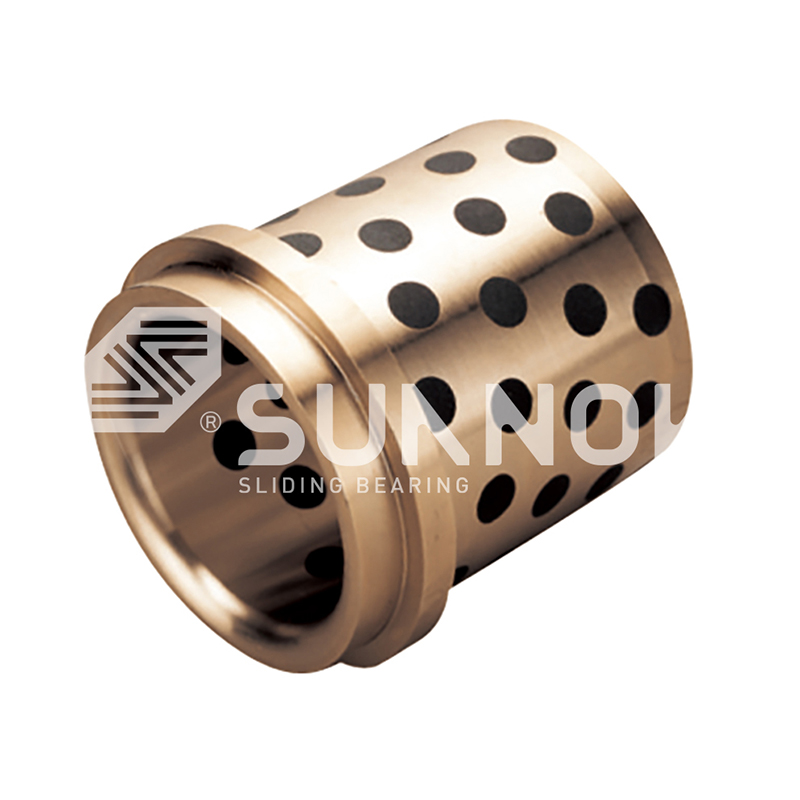 JDB Solid-lubricating Bearing GB61 Copper NAAMS Standard Flanged Solid-lubricating Bearing
JDB Solid-lubricating Bearing GB61 Copper NAAMS Standard Flanged Solid-lubricating Bearing -
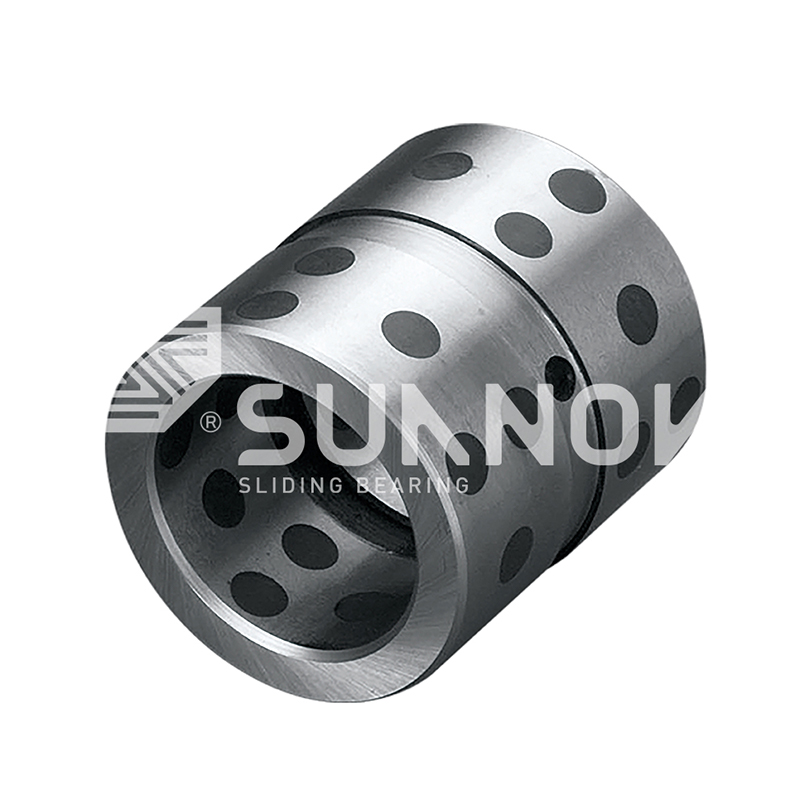 JDB Solid-lubricating Bearing JDB-5 Steel Embedded Wear Resistant Solid-lubricating Bearing
JDB Solid-lubricating Bearing JDB-5 Steel Embedded Wear Resistant Solid-lubricating Bearing -
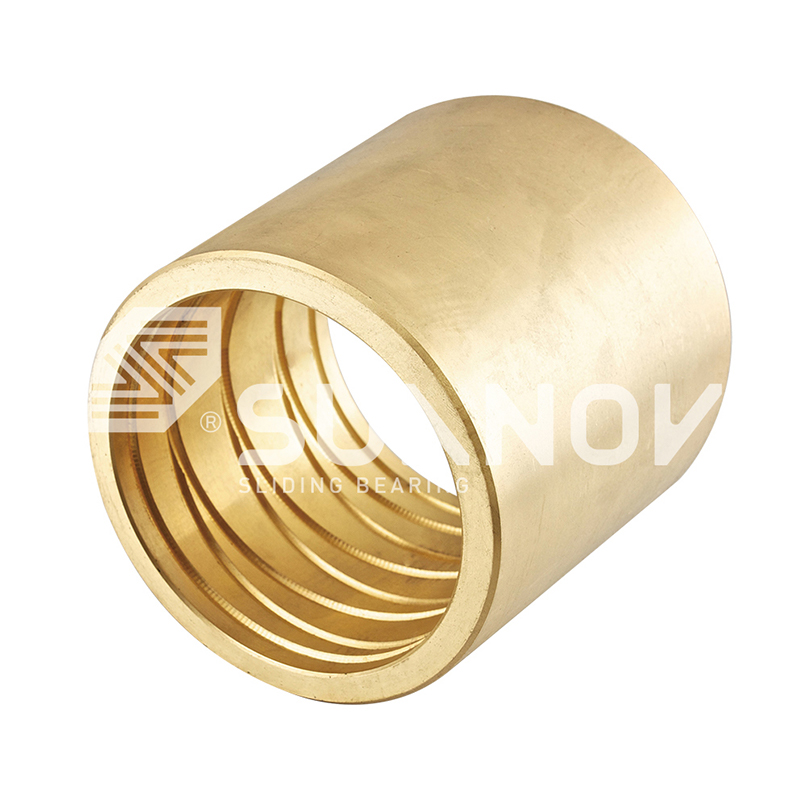 JDB-600 Casting Bronze Bearing JDB-600 Cast Self-Lubricating Bronze Guide Bushing Bearing
JDB-600 Casting Bronze Bearing JDB-600 Cast Self-Lubricating Bronze Guide Bushing Bearing -
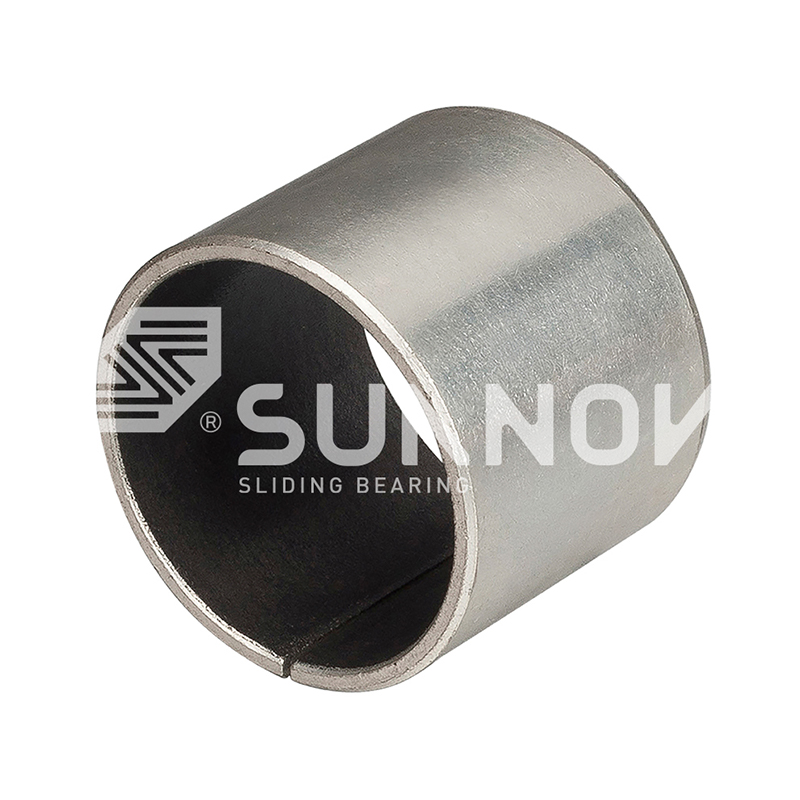
-
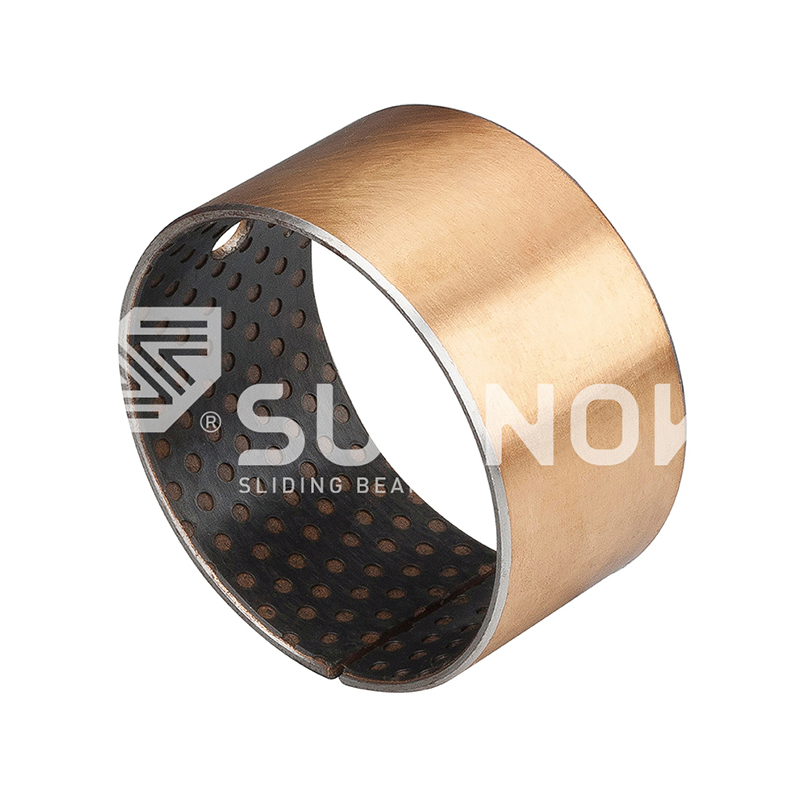 SF-2 Boundary Lubricating Bearing SF-2 Boundary Self-Lubricating Oilless Sliding Bushing Bearing, Lead-Free Boundary Bush
SF-2 Boundary Lubricating Bearing SF-2 Boundary Self-Lubricating Oilless Sliding Bushing Bearing, Lead-Free Boundary Bush -
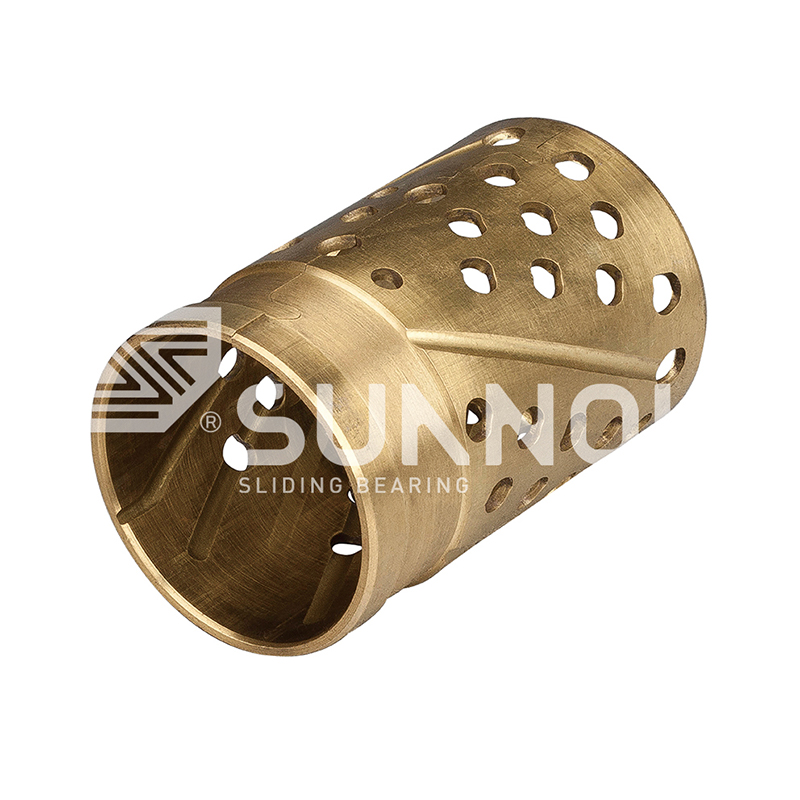 FB090 Bronze Wrapped Bearing FB091 High-Performance Copper Wrapped Bearing & Bushing | Bronze Bush
FB090 Bronze Wrapped Bearing FB091 High-Performance Copper Wrapped Bearing & Bushing | Bronze Bush
SF-1 Oilless Bush: How Its Multi-Layer Composite Structure Achieves Self-Lubrication
Industry News-Understanding the Multi-Layer Composite Structure of SF-1 Oilless Bush
Base Layer: High-Quality Low-Carbon Steel
- The base layer of the SF-1 Oilless Bush is made from high-quality low-carbon steel, which provides robust structural integrity. This layer ensures that the bearing can withstand significant static and dynamic loads without deforming. It acts as the primary load-bearing component in industrial applications.
- Compared to traditional bronze bushings, the steel base offers higher rigidity, reducing wear in high-load applications.
- Key advantage: supports heavy machinery and automotive components efficiently, while maintaining the shape and alignment under continuous stress.
Intermediate Layer: Sintered Porous Bronze
- The intermediate layer consists of sintered porous bronze, which enhances bonding between the base and the surface layer. Its porous structure allows it to store lubricant internally, making it a critical component for self-lubrication.
- It also improves heat dissipation, which helps the SF-1 Oilless Bush operate effectively over a wide temperature range, complementing the long-tail keyword SF-1 oilless bearing temperature range.
- Comparison table:
Property Sintered Bronze Traditional Bronze Bushing Lubricant Storage Yes, internal pores No, requires external oil Thermal Conductivity High Medium Bonding Strength Strong Moderate
Surface Layer: PTFE-Based Wear-Resistant Lubricating Material
- The surface layer is made of PTFE-based material, which forms a low-friction self-lubricating film when in operation. This reduces wear and prevents metal-to-metal contact.
- This layer supports maintenance-free operation, aligning with the long-tail keyword SF-1 oilless bearing maintenance-free.
- Compared with traditional oil-lubricated bearings, PTFE-coated surfaces achieve longer service life and lower operational costs.
How the Multi-Layer Structure Facilitates Self-Lubrication
Role of PTFE in Reducing Friction
- PTFE forms a transfer film that continuously reduces friction between the shaft and bearing. This ensures smooth motion, even under high loads or low speeds.
- PTFE’s self-lubricating property contributes to the SF-1 self-lubricating bearing applications keyword, highlighting its use in industrial machinery, automotive, and agricultural equipment.
- Table of friction comparison:
Bearing Type SF-1 PTFE Coated Traditional Bronze Coefficient of Friction 0.05-0.12 0.15-0.25 Wear Rate Low High Maintenance None Periodic lubrication
Importance of Porous Bronze in Lubricant Storage
- The sintered porous bronze layer acts as a reservoir that gradually releases lubricant to the surface, maintaining optimal lubrication over time.
- This mechanism is crucial for long-term performance in applications where manual lubrication is impractical.
- Its wear resistance contributes to the long-tail keyword SF-1 oilless bearing wear resistance, ensuring consistent performance in harsh environments.
Synergy Between Layers for Maintenance-Free Operation
- The combination of steel, porous bronze, and PTFE layers allows the SF-1 Oilless Bush to operate without external lubrication, saving maintenance costs.
- This synergy is especially advantageous for applications that require durability under high load, high temperature, or dusty conditions.
- Comparison table:
Feature SF-1 Oilless Bush Traditional Oil-Lubricated Bearing Lubrication Internal/PTFE External oil required Maintenance Frequency Low High Operational Reliability High Moderate
Applications Benefiting from SF-1 Self-Lubricating Bearings
Industrial Machinery
- The SF-1 Oilless Bush reduces downtime and maintenance costs in industrial machinery, enhancing overall productivity.
- Its self-lubricating property ensures continuous operation even in dusty or harsh environments.
Automotive Components
- SF-1 bearings handle high load capacities, making them ideal for automotive components where reliability is critical.
- Compared to traditional bushings, SF-1 improves wear resistance and extends the life of moving parts.
Agricultural Equipment
- SF-1 bearings excel in environments with exposure to dirt, debris, or moisture, maintaining lubrication without external oiling.
- This matches the keyword SF-1 self-lubricating bearing applications for rugged, maintenance-free agricultural solutions.
Performance Characteristics of SF-1 Oilless Bush
Load Capacity and Durability
- Supports heavy loads with minimal wear, suitable for both static and dynamic applications.
- Comparison with traditional bronze bearings:
Feature SF-1 Oilless Bush Bronze Bearing Load Capacity High Medium Durability Long-term Moderate Wear Resistance Excellent Good
Temperature Range
- Operates effectively from -195°C to +280°C, accommodating extreme industrial and automotive conditions.
- Compared to other self-lubricating bearings, SF-1 provides a wider operational temperature range, supporting the long-tail keyword SF-1 oilless bearing temperature range.
Maintenance-Free Operation
- Eliminates the need for external lubrication, saving time and costs for industrial operators.
- The multi-layer design ensures continuous lubrication, enhancing reliability for long-term applications.
Comparing SF-1 with Other Self-Lubricating Bearings
SF-1 vs. SF-2 Bearings
- SF-1 is optimized for dry running, while SF-2 is suitable for boundary lubrication scenarios.
- This comparison highlights the advantages of SF-1 in reducing friction and wear for maintenance-free operation.
SF-1 vs. Traditional Bronze Bushings
- SF-1 offers lower friction, higher wear resistance, and eliminates the need for external lubrication.
- Compared with traditional bronze bushings, SF-1 improves efficiency, reduces downtime, and enhances the lifespan of mechanical components.
High Load Capacity, Low Friction SF-1B Bronze Bearing | Self-Lubricating Bronze Bushings
